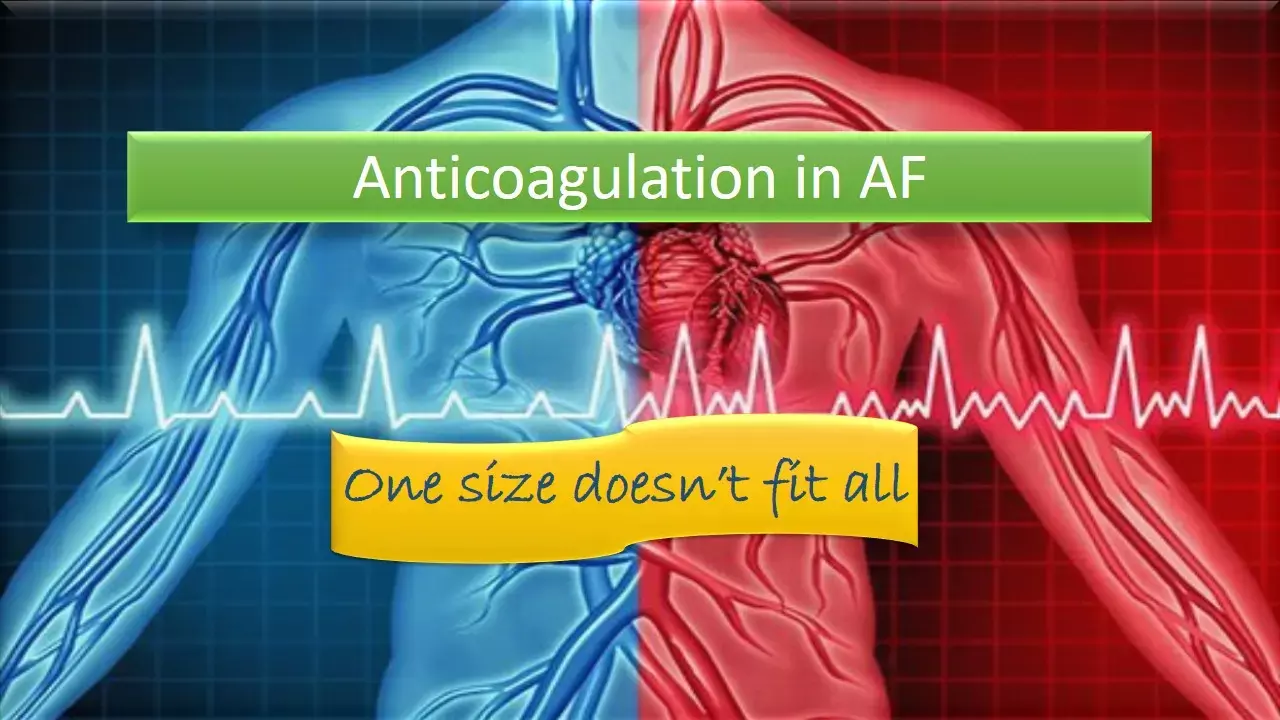- Home
- Medical news & Guidelines
- Anesthesiology
- Cardiology and CTVS
- Critical Care
- Dentistry
- Dermatology
- Diabetes and Endocrinology
- ENT
- Gastroenterology
- Medicine
- Nephrology
- Neurology
- Obstretics-Gynaecology
- Oncology
- Ophthalmology
- Orthopaedics
- Pediatrics-Neonatology
- Psychiatry
- Pulmonology
- Radiology
- Surgery
- Urology
- Laboratory Medicine
- Diet
- Nursing
- Paramedical
- Physiotherapy
- Health news
- Fact Check
- Bone Health Fact Check
- Brain Health Fact Check
- Cancer Related Fact Check
- Child Care Fact Check
- Dental and oral health fact check
- Diabetes and metabolic health fact check
- Diet and Nutrition Fact Check
- Eye and ENT Care Fact Check
- Fitness fact check
- Gut health fact check
- Heart health fact check
- Kidney health fact check
- Medical education fact check
- Men's health fact check
- Respiratory fact check
- Skin and hair care fact check
- Vaccine and Immunization fact check
- Women's health fact check
- AYUSH
- State News
- Andaman and Nicobar Islands
- Andhra Pradesh
- Arunachal Pradesh
- Assam
- Bihar
- Chandigarh
- Chattisgarh
- Dadra and Nagar Haveli
- Daman and Diu
- Delhi
- Goa
- Gujarat
- Haryana
- Himachal Pradesh
- Jammu & Kashmir
- Jharkhand
- Karnataka
- Kerala
- Ladakh
- Lakshadweep
- Madhya Pradesh
- Maharashtra
- Manipur
- Meghalaya
- Mizoram
- Nagaland
- Odisha
- Puducherry
- Punjab
- Rajasthan
- Sikkim
- Tamil Nadu
- Telangana
- Tripura
- Uttar Pradesh
- Uttrakhand
- West Bengal
- Medical Education
- Industry
Time to "rethink and reframe", JAMA study suggests time-delimited anticoagulation for stroke prevention in AF.

Risk stratification for stroke in individuals with atrial fibrillation (AF) is among the most challenging risk assessment problems in medicine. The disease is not binary, and measures of AF severity (burden, duration, or frequency) can rapidly fluctuate. Understanding the temporal association between atrial fibrillation (AF) and ischemic stroke informs our understanding of the AF-stroke mechanism and treatment of paroxysmal AF.
In this regard, a recent study published in JAMA Cardiology by Singer et al has found that In patients with cardiac implantable electronic devices(CIEDs), multihour episodes of AF were temporally associated with a transient increase in the risk of stroke; with risk highest within 5 days of an episode of AF of 5.5 hours or more in duration. These findings support a study of time-delimited anticoagulation in patients with infrequent multihour episodes of AF.
Attempts to risk stratify AF remain primitive. The CHADS2 score was derived from only 1733 patients and does not generalize to contemporary practice. The CHA2DS2-VASc score was derived from just 1084 untreated patients and latest guidelines for indefinite anticoagulation are anchored to CHA2DS2-VASc scores.
What is the temporal association between episodes of atrial fibrillation (AF) and ischemic stroke in patients with cardiac implantable electronic devices (CIEDs)?
This question was explored by Singer et al in a case-crossover study. Patients with CIEDs who sustained an ischemic stroke who also had 120 days of continuous remote rhythm monitoring prestroke were included. Exposure was defined as AF for 5.5 hours or more on any given day during days 1 to 30 vs days 91 to 120 prestroke.
Of 891 included patients, multihour AF episodes raised the odds of stroke 3.7-fold for up to 30 days. The risk of stroke was highest within 5 days of the AF episode and decreased rapidly thereafter.
"In our analysis, more than 23 hours of AF on any day in the 30-day case period conferred the highest OR for stroke, a finding consistent with a follow-up analysis of ASSERT trial", note authors in discussion.
They also observed that AF episodes were not associated with increased stroke risk in patients taking anticoagulants, consistent with the stroke-suppressing effect of anticoagulants on AF-related stroke. "In all, our results strongly support the hypothesis that multihour episodes of AF substantially elevate the baseline risk of ischemic stroke in this population and that this risk diminishes to background risk rapidly following the AF episode", add authors.
"The current data, along with the totality of evidence supporting equipoise in lower-risk AF populations, make a compelling case for a clinical trial", notes Mintu P. Turakhia, MD, in an accompanying editorial.
The time-delimited anticoagulation strategy as suggested by above results can only be safely implemented in patients who have rigorous, continuous heart rhythm monitoring and access to potent, fast-acting anticoagulants.
Source: JAMA Cardiology:
1. doi:10.1001/jamacardio.2021.3702
2. doi:10.1001/jamacardio.2021.3709
MBBS, MD , DM Cardiology
Dr Abhimanyu Uppal completed his M. B. B. S and M. D. in internal medicine from the SMS Medical College in Jaipur. He got selected for D. M. Cardiology course in the prestigious G. B. Pant Institute, New Delhi in 2017. After completing his D. M. Degree he continues to work as Post DM senior resident in G. B. pant hospital. He is actively involved in various research activities of the department and has assisted and performed a multitude of cardiac procedures under the guidance of esteemed faculty of this Institute. He can be contacted at editorial@medicaldialogues.in.
Dr Kamal Kant Kohli-MBBS, DTCD- a chest specialist with more than 30 years of practice and a flair for writing clinical articles, Dr Kamal Kant Kohli joined Medical Dialogues as a Chief Editor of Medical News. Besides writing articles, as an editor, he proofreads and verifies all the medical content published on Medical Dialogues including those coming from journals, studies,medical conferences,guidelines etc. Email: drkohli@medicaldialogues.in. Contact no. 011-43720751


